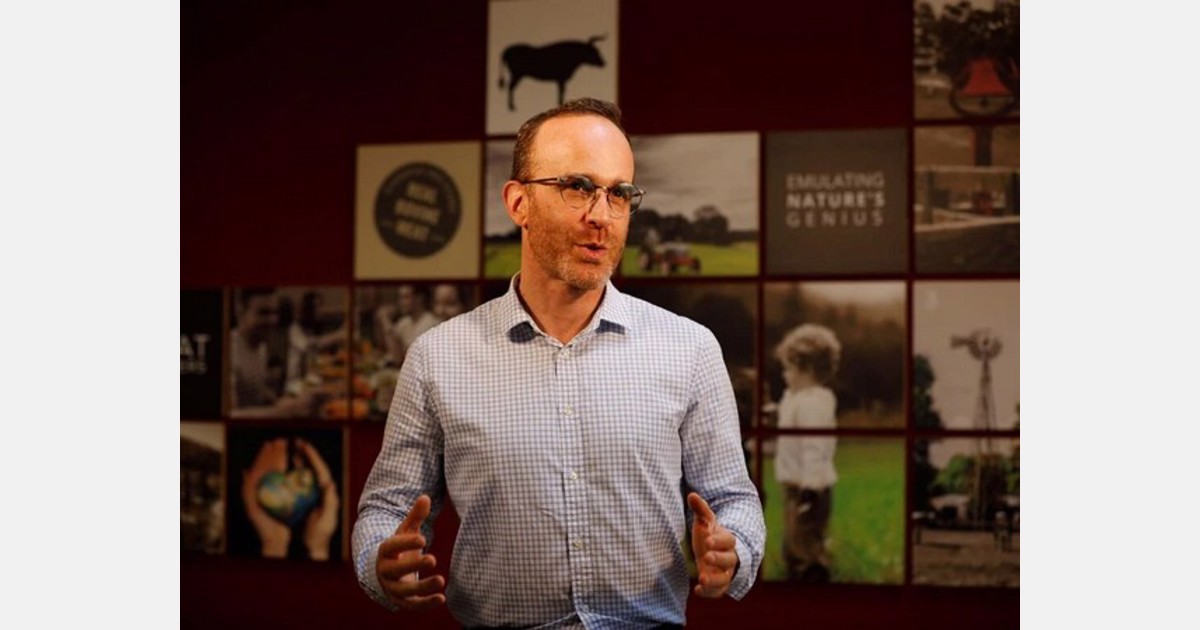Toubia, a food engineer and biologist, set up Aleph Farms in 2017 as a joint venture between the Israeli food company Strauss and the Israel Institute of Technology. As the name suggests, the firm wants to keep one foot sturdily planted in the world of agriculture. Most farmers would be hard pushed, however, to recognize any link to their day job.
Workers at Aleph Farm don’t pull on wellies, wade through muddy fields, or drive tractors. Instead, they don white coats and work in pristine laboratories that have never seen a farm animal. They create meat in “bioreactors”, closed systems that “mimic the cow’s body”, rather than slaughterhouses. The beef cells, which are not genetically modified, are kept “cozy and well-fed” with a broth of vitamins, minerals, amino acids, and fatty acids, says Toubia. “In three to four weeks they mature into 3D structures that comprise whole cuts of steak.”
Toubia, 47, was born in France and studied for a master’s degree in Dijon, before emigrating to Israel in 1999. His master’s thesis focused on malnutrition. Toubia came to the conclusion that people are going hungry not because of a lack of resources, such as land and water, but because of a misuse of these resources, combined with unequal access to basic nutrition. A key motivation for leaving France was “a real excitement” about the opportunities Israel could offer: “in such a young and dynamic environment, the possibilities are endless”.
What his company – and others in the market – are attempting sounds like science fiction to most of us, but Toubia is sanguine about the technology. “The Israeli Institute of Technology has been growing pieces of tissue for 20 years,” he says. “We decided to adapt the process to grow pieces of muscle, for meat.” The company produced its first cultivated beef steak in 2018. “It is very inefficient to produce meat harvested from the carcass of a slaughtered animal,” says Toubia. One study suggests cultivated production can reduce the climate impact of eating beef by 92 per cent and air pollution by 93 per cent, while using 95 per cent less land and 78 per cent less water.
Read the complete article at www.newstatesman.com.
Publication date: Thu 2 Dec 2021
We require you to complete all the text fields marked with *.
Receive the daily newsletter in your email for free | Click here
Other news in this sector:
<< Back | HortiDaily.com




© HortiDaily.com 2021
Sign up for our daily Newsletter and stay up to date with all the latest news!
You are receiving this pop-up because this is the first time you are visiting our site. If you keep getting this message, please enable cookies in your browser.



